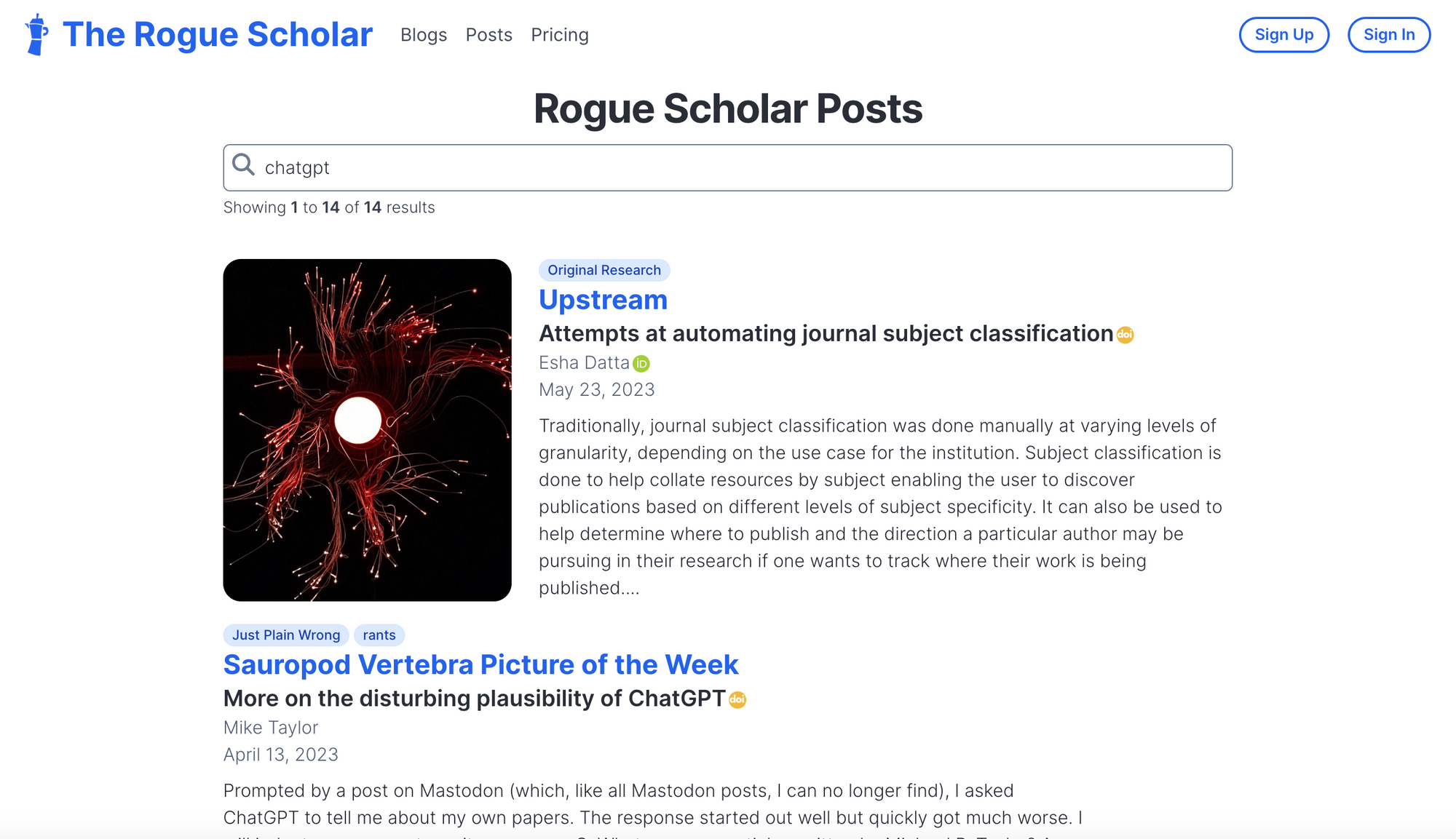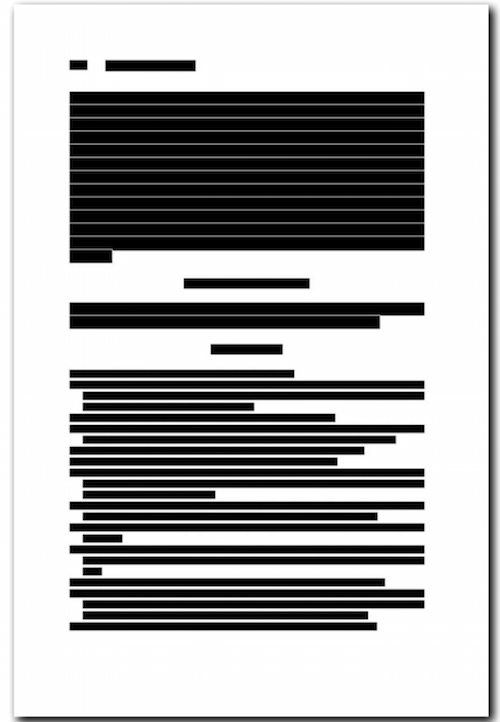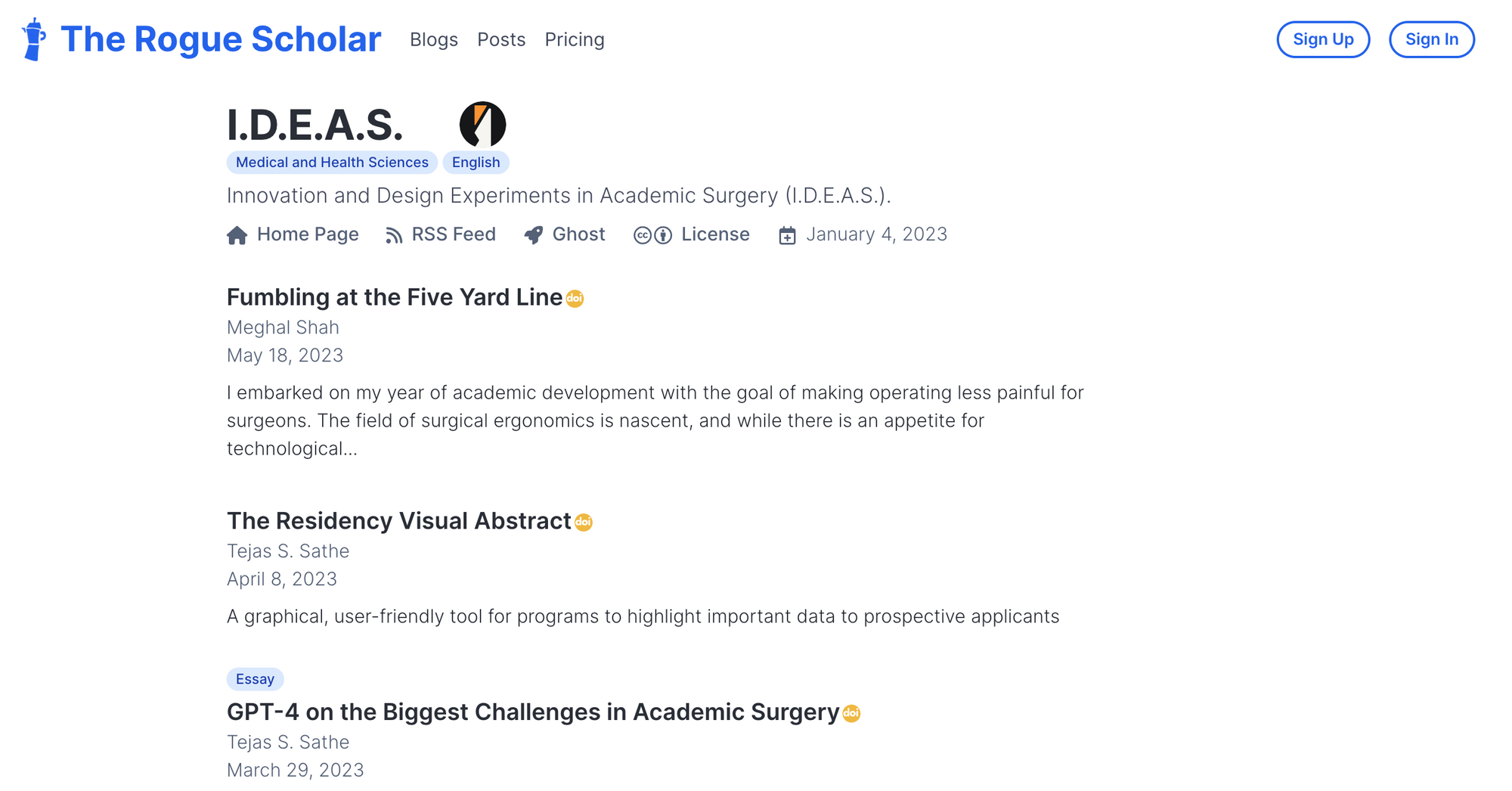
In January I started the Rogue Scholar blog archive with the slogan "science blogging on steroids", promising to enhance science blogs in important ways. Earlier this month I began DOI registrations for blog posts, and I am well on track to complete this for the included 35 blogs with more than 1,000 blog posts in the next few weeks.








